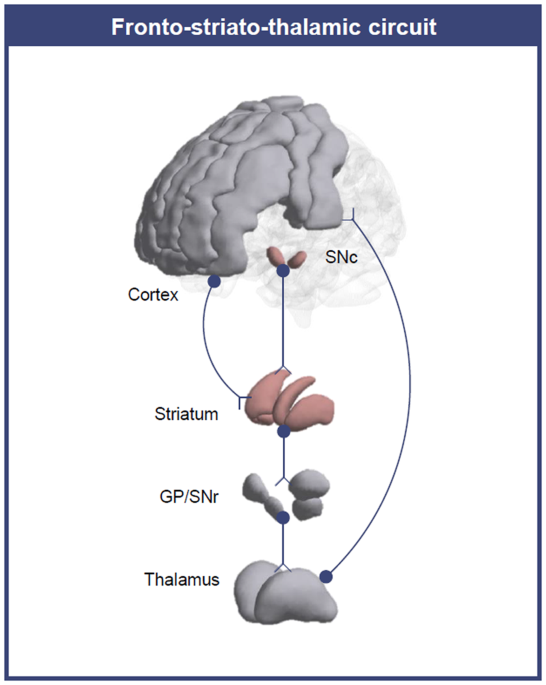For anyone interested in weight loss, i’m sure you’ve heard about the GLP1 agonists, a class of antidiabetic drugs now being used for obesity treatment because of their side effect of severely suppressing appetite.
In terms of weight loss, The main mechanism is thought to be activation of brain regions which directly suppress appetite along with delayed gastric emptying creating a feeling of fullness. however, there is another more subtle mechanism at play, which is the suppression of general dopamine activity in response to all pleasures.
That might explain why people reported spontaneously completely losing interest in bad habits they’ve struggled with for life, such as online shopping, excessive reading, gambling, eating chocolate and gaming.
GLP1 agonists sound like the perfect solution to make us better human beings or at least help us reach our goals, plus they’re amazing for weight loss.
Despite all that, there’s one huge problem. people don’t want to stay on them and most will discontinue them in about a year or two. I don’t blame them. as I predicted before reading about this topic, many of them said life felt bleak and worthless without the constant impulsive drive, even when that led them to bad habits.
Once the medication is stopped, appetite and reward impulsivity fully return, though for many people, it’s probably a huge relief by that point.
I think there are two key solutions to treating eating or other impulse disorders including drug addiction. The first is behavioural therapy and lifestyle changes to help the individual. Avoid risky reward driven decisions.
The second is medication which enhances or maintains reward activity as a form of substitution for the unwanted behaviour. I know it’s not always perfect, but I can guarantee that methadone or buprenorphine substitution therapy is much better tolerated, preferred and effective than the opioid antagonist naltrexone.
Countless medications, which block reward activity such as naltrexone, typical antipsychotics, certain mood stabilisers like lithium have a high discontinuation rate and terrible record in treating addiction. for the same reason, the nicotinic, antagonist, mecamylamine never took off as a treatment for tobacco dependence. when we consider what has actually managed to cut smoking rates, we clearly see the role of socially influenced behavioural changes/trends as well as the widespread introduction of nicotine replacement alternatives, both medically prescribed and otherwise. for all their floors, many people have stopped smoking directly because of an alternative delivery mechanism for the nicotine reward they crave.
No, there are still those pessimists who say that’s just replacing one addiction for another and some of them would probably favour medication which block the reward system. well, It is replacing one addiction for another, but if it’s harmless/less harmful, works well and sustainable, so be it!
I do wonder if a small number of people who very strongly oppose reward enhancement actually do so due to lack of empathy/understanding. for example, they may have naturally high drive./satisfaction, and achieve lots of success partly because of genetic traits that increase dopamine function. since they are born with this, I wonder if it could be that they struggle to empathise with those doing less well and struggling with self-control.
Although not proven, another suspicion I have is that some of these people, especially those who get needlessly offended/wound up by the concept of safer addictions May have a slight envious, or maybe even sadistic nature, which makes them irritated at the fact are able to get instant gratification from a substance or simple action without having to work hard for it.





